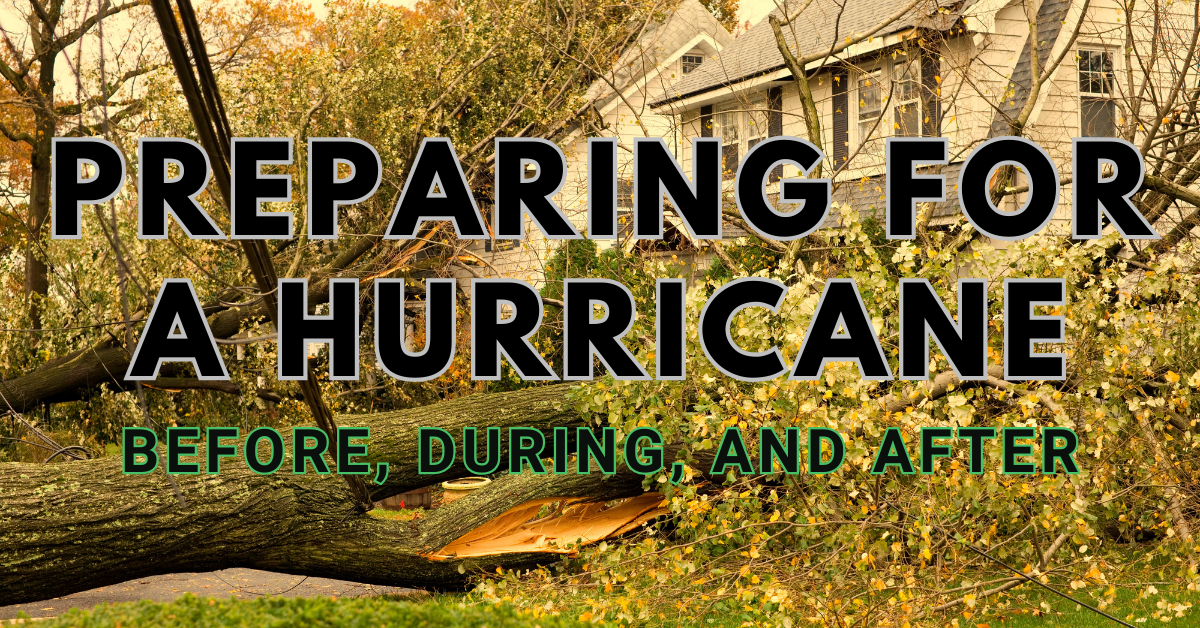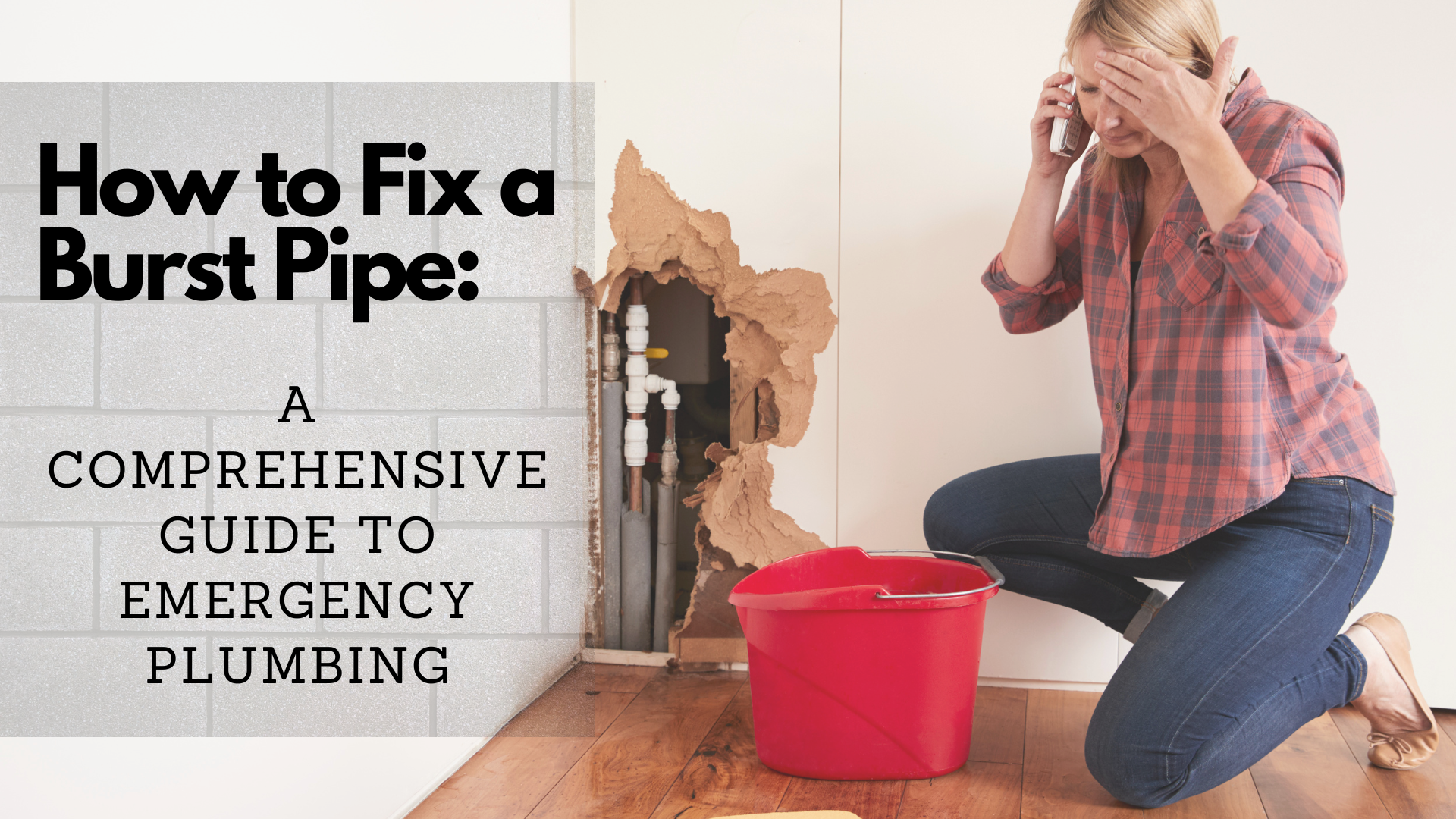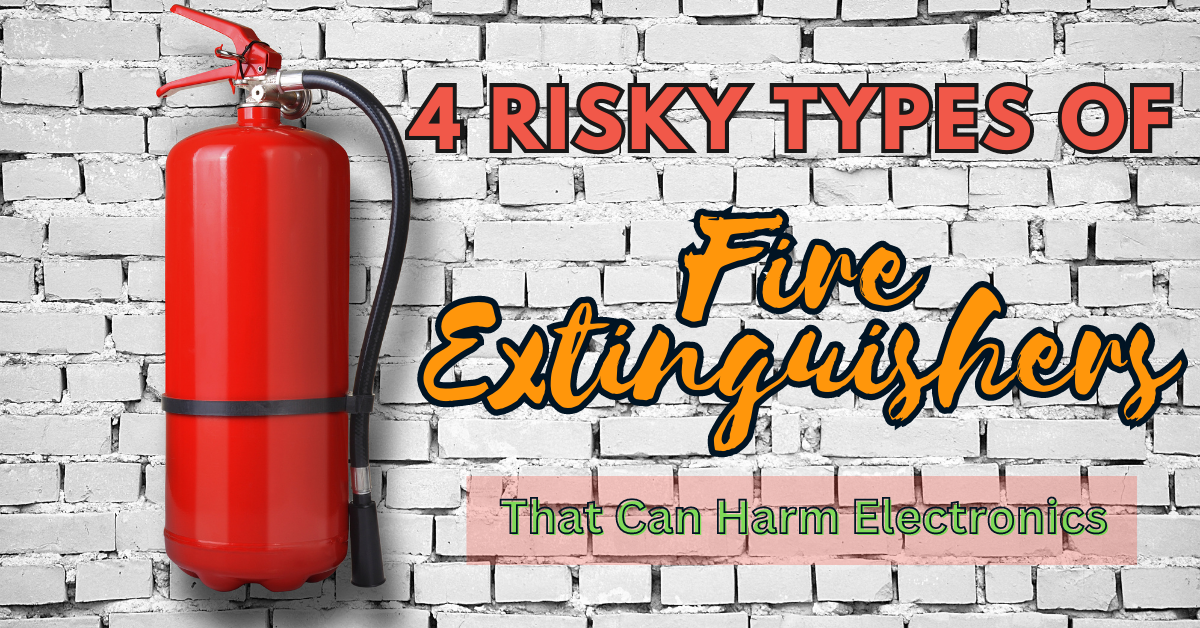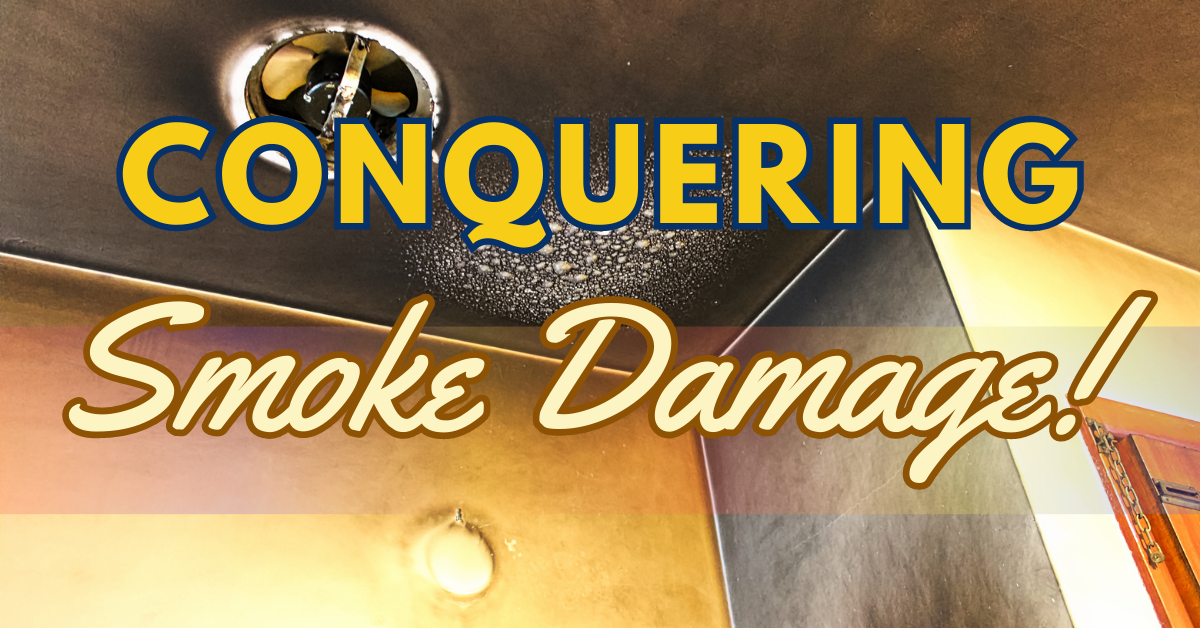 Though the last major storm or hurricane hit Riverside County in 1997, it can still leave you susceptible to major losses once it strikes again. Hurricanes can be drastic and result in damaged buildings, blocked roads, and power outages. Some people need to have a safety plan in place in an emergency, especially if with medical conditions. Knowing how to prepare for a hurricane is the best way to reduce the risk of potential damage like water damage property, and keep your family safe.
Though the last major storm or hurricane hit Riverside County in 1997, it can still leave you susceptible to major losses once it strikes again. Hurricanes can be drastic and result in damaged buildings, blocked roads, and power outages. Some people need to have a safety plan in place in an emergency, especially if with medical conditions. Knowing how to prepare for a hurricane is the best way to reduce the risk of potential damage like water damage property, and keep your family safe.
In addition, make sure you call the water damage restoration experts to assess the damage and help you restore your home to its original condition as quickly as possible.
About Insurance Policy
Hurricane season is unavoidable and now is the best time to check your homeowner’s insurance. However, the standard homeowner’s policy does not cover flood damage. So purchase separate flood insurance now if you don’t have one.
The first part of how to prepare for a hurricane is having the right insurance to ensure your home or business is properly protected.
How to Prepare For a Hurricane
Hurricanes can endanger your life as well as your property. Knowing what to do and planning can lower the chances of major damage or injury. Learning how to prepare for a hurricane is your best weapon against the effects of a storm. The following are some steps to protect you, your loved ones, and your property.
Before a Hurricane
- Identify safe evacuation routes. Ask the local emergency management about the community hurricane preparedness plan. Discuss an evacuation plan with your family and take notes. The document should be accessible where everyone can easily see it.
- Prepare a list of emergency phone numbers so you can easily contact them as well as your relatives or friends.
- Create an emergency plan and a home safety or emergency kit. Have these supplies on hand especially in this time of the pandemic.
Emergency supplies should include:
- First aid kit
- Clean drinking water and 72-hr food supply
- Flashlight with extra batteries
- Battery-powered radio with extra batteries
- Disinfecting wipes
- Cell phone and Phone charger
- Whistle
- Garbage bags
- Duct tape
- Wrench or pliers-
- Local map
- Cash/credit card
- Strong shoes
- Manual can opener
- Set up a safe room where you can stock nonperishable food, clean water, flashlights, blankets, towels, trash bags, gloves, protective masks, pet food, and other necessities. In this case, whatever you need will be much easier to find.
- Listen to your local news and community for safety instructions especially if you live near a dangerous area or structure like a dam or by the ocean.
- Store drugs or medications if necessary and in case there will be power outages for days. For instance, some medications like insulin and antibiotics can be put in resealable pouches or sandwich bags and placed in an ice cooler. Take your medications with you if you evacuate. Never take wet pills, replace them when necessary.
- Always keep cold cash with you and make sure you have a full tank of gas in the instance that you have to evacuate. During a state of emergency, you may not be able to buy gas and the ATM may have some issues.
- If you have pets, keep them safe, too. Make sure your pet has identification because this is one of the best recovery elements for your pet’s safety.
During a Hurricane
- After a big hurricane, you need to be extra careful when you go back home or venture outside. There could still be debris outside that can be dangerous, and there might be broken power lines that can cause accidents. Moisture from the hurricane can cause mold and mildew to grow in different parts of your house.
- Be cautious of fallen power lines, especially if there’s water on the ground. This will help you avoid getting an electric shock.
- Don’t drink tap water right away because hurricanes can affect the water supply. Wait until the local government confirms that the water is safe to drink. In the meantime, boil tap water for at least 3 minutes to kill any germs and prevent illnesses.
- Stay away from generator fumes. Keep a distance of at least 20 feet from your generator to avoid inhaling the dangerous fumes that can harm your health.
- Mold can start growing within a day or two. Pay attention to items that can’t be saved and may become a breeding ground for mold. Removing mold yourself might not be enough, especially after a big storm. It’s important to hire a professional to take care of mold removal.
- After the storm, the power supply might not be stable yet. So, make sure to keep your medication and other important things nearby in case you lose power again.
After a Hurricane
- After a large hurricane, be extra cautious upon returning home or going outside for the first time. There still might be outdoor debris which can be dangerous and broken electrical power lines that can create hazards as well. Mold and mildew may begin to proliferate in different areas of your home due to moisture.
- Watch out for downed power lines especially if there’s water on the ground. This will prevent electrical shock.
- Avoid drinking tap water because natural disasters such as hurricanes can affect the water supply. Wait until the local government has tested your water and shown evidence that it’s safe to drink. In the meantime, boil tap water for at least 3 minutes to kill germs to prevent outbreaks of infections.
- Keep away from generator fumes, at least 20 feet away. Staying close to your generator may lead to inhalation of fumes which is dangerous to your health.
- Mold can grow within 24 to 48 hours. Pay attention to items that are not salvageable and can be breeding grounds for mold. DIY mold removal may not be enough, especially after a large storm. Hiring a professional for mold remediation is necessary.
- After the storm, power isn’t that stable yet. So in case you lose power again, keep medication close and other necessary things.
Professional Water Damage Clean up and Restoration Services
How to prepare for a hurricane is necessary to protect your family members and home. You’ll have peace of mind even if a hurricane watch has been issued because you are prepared.
Have you experienced a hurricane or any flooding event? Our professionals at Superior Restoration are prepared to respond to disasters like hurricanes or storms. We offer water damage clean-up and restoration services. We use state-of-the-art techniques and equipment to efficiently and quickly restore your home and valuables to an original pre-loss state.
If you need immediate assistance, please call Water Damage Riverside. We are here to assist you 24/7.




